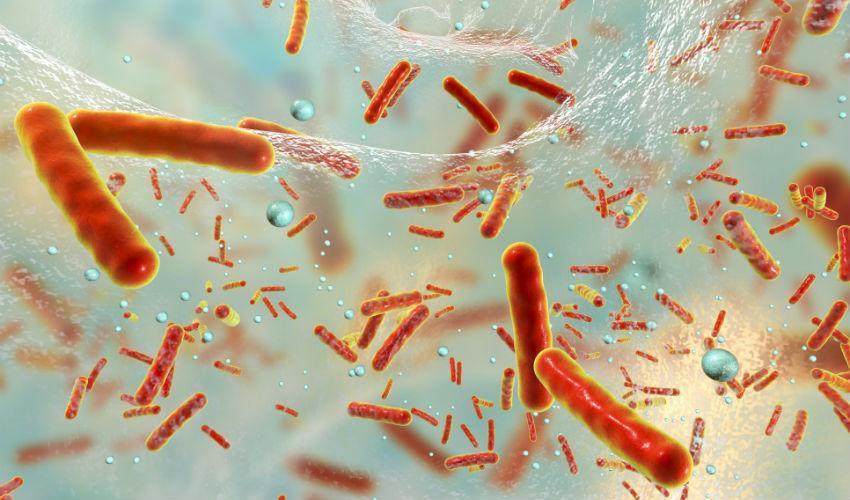
Hospital Sanitation: How to Avert 31,000 Infections in Five Years
A NEW PROBIOTIC SYSTEM COULD ALSO HALVE ANTIBIOTIC RESISTANCE, ACCORDING TO A STUDY COAUTHORED BY TWO BOCCONI SCHOLARS AND RESEARCHERS OF UNIVERSITY OF FERRARA AND UDINEHealthcare associated infections (HAIs) and antibiotic resistance have high social and economic burdens. An eco-sustainable sanitation system based on Bacillus probiotic spores (Probiotic Cleaning Hygiene System - PCHS) has recently shown to stably eliminate surface pathogens in hospital environments, without selecting antibiotic-resistant species, thus reducing HAIs and related management costs (click here for a Bocconi Knowledge article).
Starting from the data collected by the initial study, carried out in 6 different hospitals in Italy thanks to researchers of 5 different Universities (Ferrara, Udine, Pavia, Messina and Bocconi), a new investigation has been performed to compare PCHS versus conventional chemical cleaning to evaluate the reduction of HAIs and their severity, related antibiotic resistance, and costs. A stronger methodology, based on propensity-score matching technique, has been applied in this case in order to compare patients in the two groups with the same clinical characteristics (4,160 patients per group).
The cumulative incidence of HAIs confirmed a statistically significant decrease from 4.6% to 2.4% moving from traditional chemical disinfection to PCHS, with a variation of severe HAIs from 1.57% to 1% and antibiotic resistances from 1.13% to 0.53%, respectively. From the hospital perspective in Italy, increased utilization rates from 5% to 50% of PCHS over conventional chemical cleaning, in internal medicine/geriatrics and neurology departments in the next 5 years, is expected to avert at least about 31,000 HAIs and 8,500 antibiotic resistances, and save at least 14 million Euros, of which 11.6 for the treatment of resistant HAIs. In case the PCHS entirely replaced conventional chemical cleaning in all acute medical units in Italian hospitals, the savings would sum up to 320 million Euros in the next 5 years only for pharmacological treatments.
Prof. Rosanna Tarricone and Dr. Carla Rognoni reported that a sustainable environmental sanitization system, such as the PCHS, is a new approach for infection prevention and control at no additional costs for the healthcare systems. It could help support policies aimed at reducing the development of microbial resistances and at increasing protection of health.
Rosanna Tarricone, Carla Rognoni, Luca Arnoldo, Sante Mazzacane, Elisabetta Caselli, “A Probiotic-Based Sanitation System for the Reduction of Healthcare Associated Infections and Antimicrobial Resistance: A Budget Impact Analysis”, in Pathogens, 2020 9(6) 502, DOI: 10.3390/pathogens9060502.
Disclosure: Copma Scrl, the company that holds the PCHS trademark, funded the study. The funders had no role in study design, data collection and analysis, decision to publish, or preparation of the manuscript
by Ezio Renda
